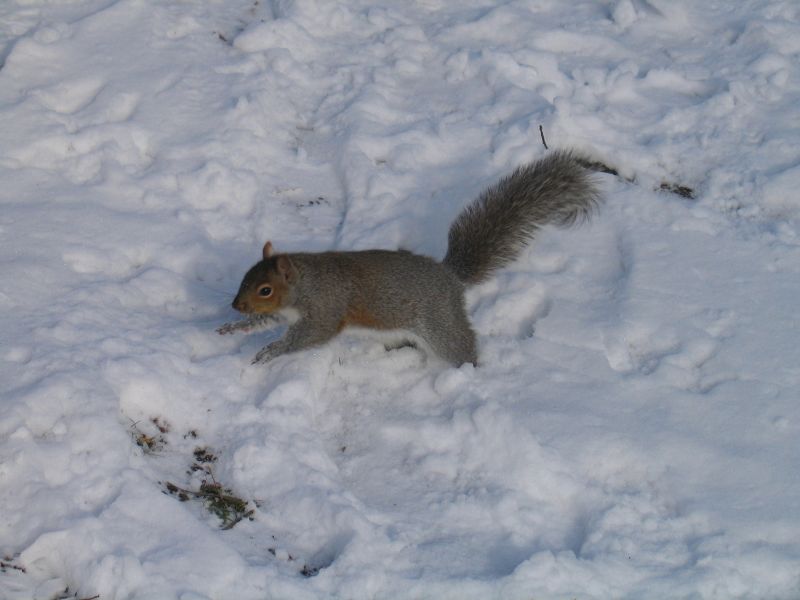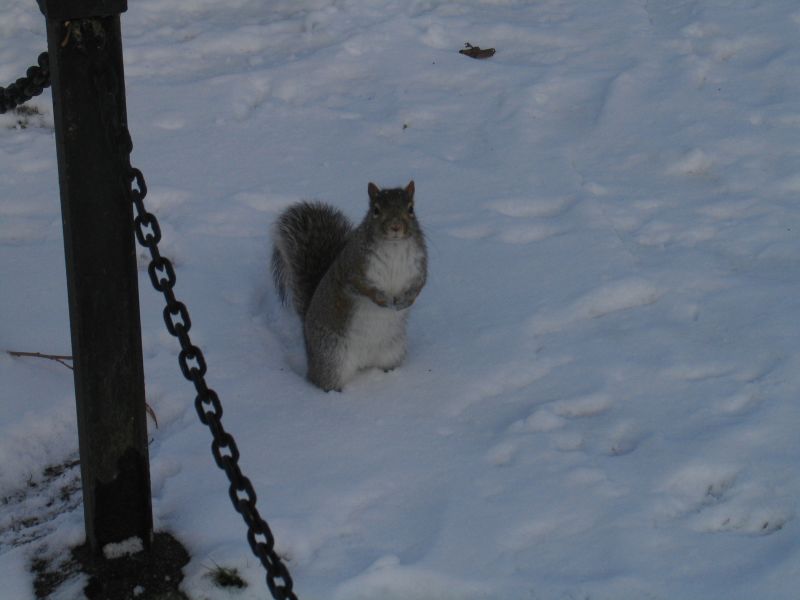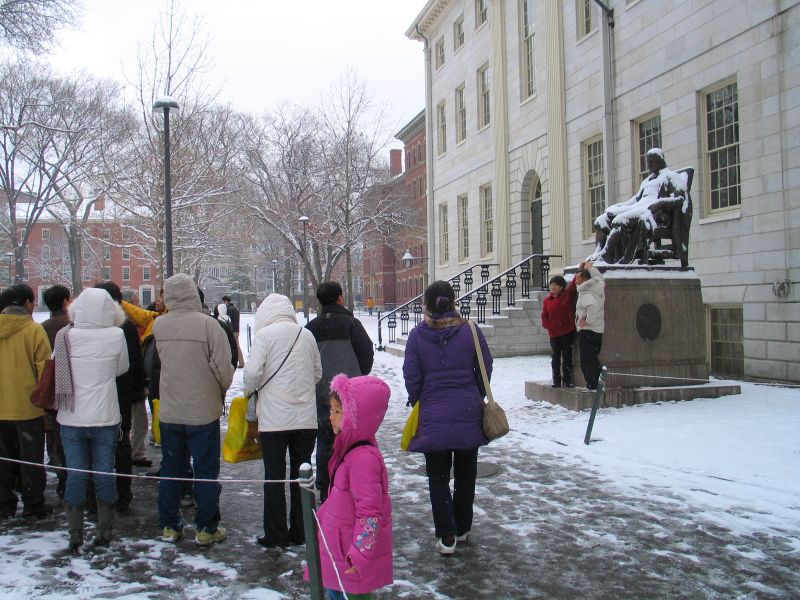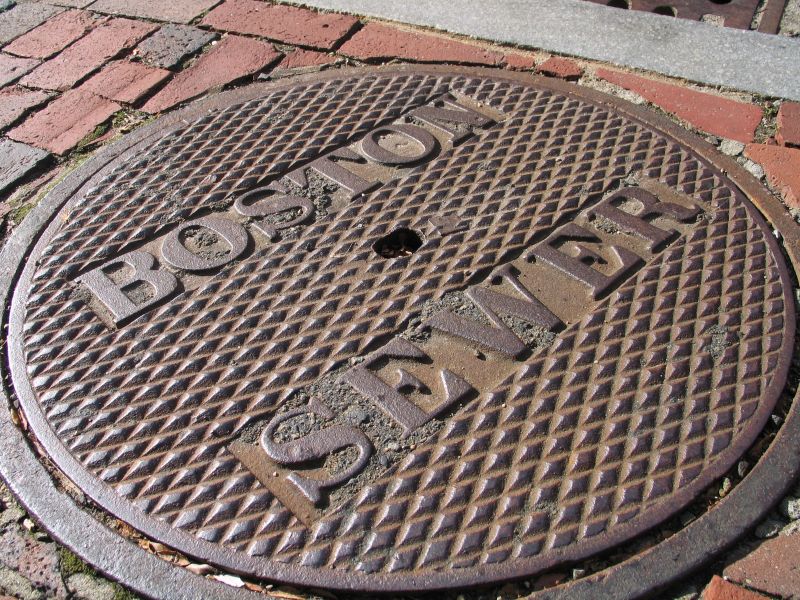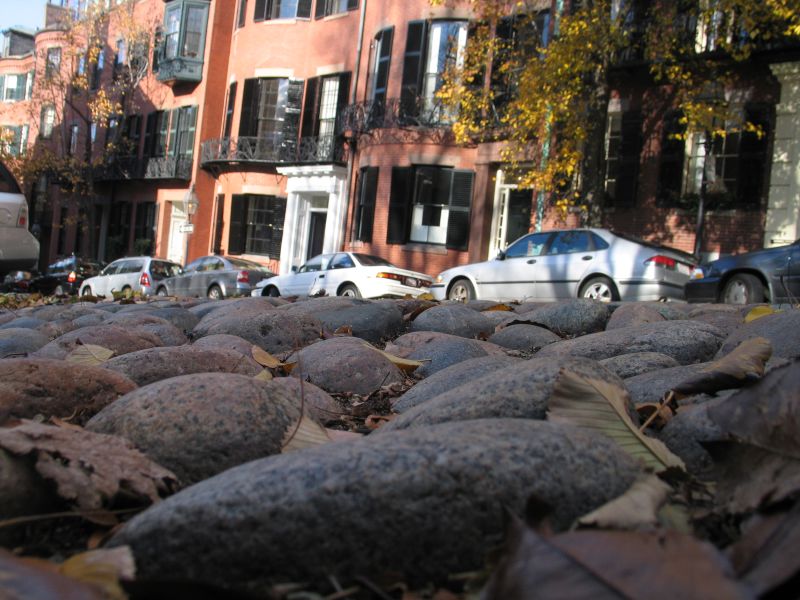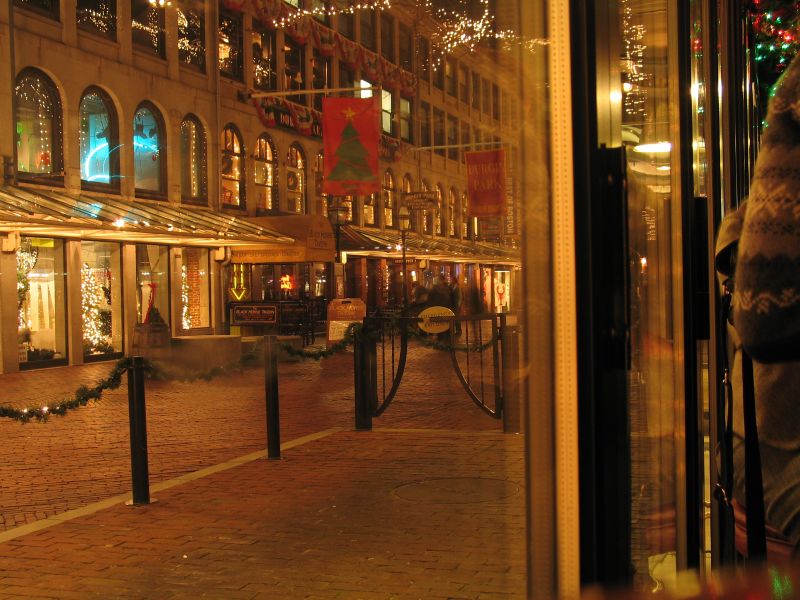Oh wait, that was, like, a whole bunch of times.
My brother and I can start so many stories that way.
Did you notice gas prices bump up a bit last weekend? Yeah, that was me. My bad.
My 17-year-old brother navigated as I drove a bigass rental truck 1,000 miles to Washington, DC. last weekend. We waved bye to mom in Missouri at 7 a.m. armed with snacks and an AM/FM radio. The plan was to drive straight to our nation’s capital, unload it and park it, um, somewhere.

I thought I was renting a truck that was ten feet from nose to tip, an SUV on steroids or something. I mean, in the picture online it was only about an inch long. But no, it was ten feet tall. In other words, it was really fucking big — as in, the interior was about the size of my apartment, as in, after loading everything we could sort of tell how the furniture would look together, as in, “Wow, there’s plenty of room for some illegals in here.” As my brother put it, the truck’s suspension was “designed to carry a shit-ton of shit,” and we were nowhere near that, maybe 1/23 of a shit-ton or so, and the ride was rather bouncy. It was kind of like a 20-hour deep-tissue massage.

20 hours? But Mapquest says the trip is only about 15 hours. True, but despite the truck’s aforementioned capacity to carry a shit-ton of shit, and despite the fact that loaded it was spacious enough to unfold the sofa-bed and still sit at the table, my right foot had to work very hard to keep that sucker going over 40 m.p.h. over the mountains of West Virginia, where we almost died.
Ah, the near-death experience. What road trip is complete without it? We had been gaining altitude for about an hour when it started snowing around 10:30 p.m. A pretty little dusting, the kind when the snowflakes dance just above the asphalt and you know it’s going to stick. But then it started snowing a little harder. And a little harder. Harder, harder, harder. Everyone loves snowglobes. But nobody wants to live in one. I think the last thing I could see that was more than 8 feet in front of me was a yellow sign advertising a 6% grade over the next 5 miles. So pretty soon we were going through this white mass really fucking fast.
Our terror accelerated faster than the truck. Some monster on wheels blared its brights in my sideview mirror and then disappeared. And it kept getting… whiter. I felt like I was going to leap out of my own skin. “Shit, Hunter, what do I do??!!” “I don’t know!!!” and then “Be cool…be cool… be cool…” My chin was on the steering wheel, my foot was vibrating as it hovered over the brakes. There were bridges and railings and turns, and then all of a sudden it cleared up a little, and we pulled on to the first exit, Bruceton Mills, WV.

I think we scared the locals at the hotel since we were still high on adrenaline. It was a little hard to think, and it took us a while to find a place to park until we figured out that anywhere would be somewhat inappropriate. Then we passed out. In the morning we ate biscuits & gravy with the locals and walked two blocks and saw cows. Then we drove to DC.
I found my apartment, but I couldn’t find the mysterious alley that supposedly led to the loading zone and service elevator. So I double parked and ran inside to ask the door person. When I got back about 2 minutes and 30 seconds later, Hunter had already talked us our of a ticket.
The alley was tiny and winding and full of 90-degree turns and poles and Lexus SUVs. Hunter had to get out and do the whole “Cut right, back up and cut a hard left, now ease it straight…” etc. thing. When we finally got back there at about 3:30 p.m., some wimpy city dudes were unloading drywall. “We’ll only be about 10 minutes.” So we waited. After 25 minutes, I looked at the rental agreement. The return site closed at 5, not 6 like I thought. It was Friday. Panic set in. [Something that had been eating away at me the entire trip was, Where the hell could we park a truck in DC?]So as those little city biceps struggled with another sheet of drywall, Hunter helped me squeeze between a giant dumpster and a sedan, and we started filling the space by the elevator with stuff. The dudes left about 10 minutes later, and we unloaded that badboy, literally sprinting between elevator and door, my brother running down the hall carrying the coffee table, in 45 minutes.
We drove through rush hour traffic in Dupont Circle a second time and got the truck in just after 5. The guys there took pity on us. As we were checking out, I asked where the nearest Metro stop was, and said I thought we could maybe walk home. The boss goes, “No no no!! You’re not wearing a jacket! We’ll drive you home.” So we were dropped off in front of my apartment building in an Escalade.
It was a beautiful ending, really.
Another “fine” moment in journalism took place Sunday.





